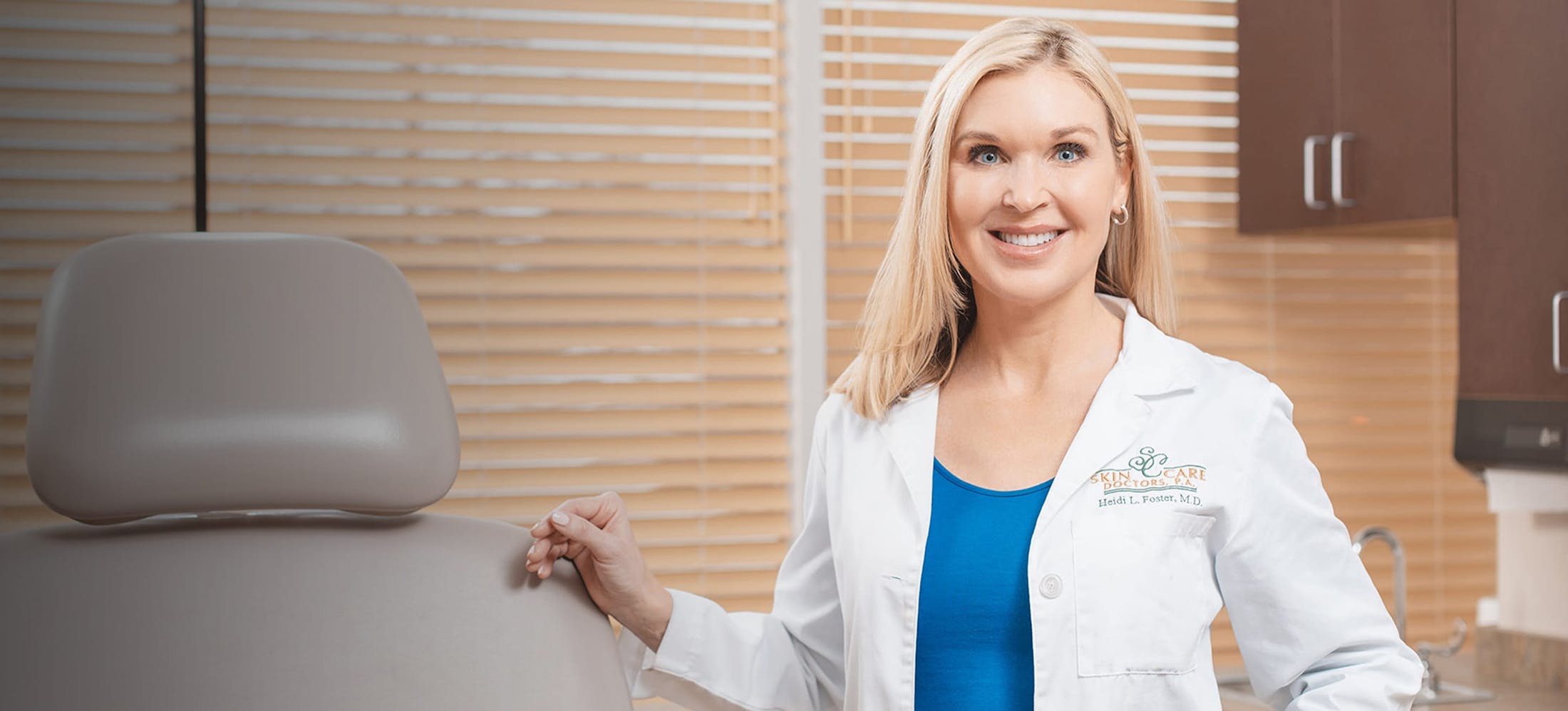If you struggle with excessive sweating beyond what is necessary to regulate your body temperature (hyperhidrosis), our medical providers at Skin Care Doctors can help you find some relief.
Who Gets Hyperhidrosis?
Hyperhidrosis can affect people of all ages, genders, and ethnicities. Primary hyperhidrosis usually begins during childhood or adolescence and tends to run in families. Secondary hyperhidrosis can develop at any age and is typically caused by an underlying medical condition, such as an overactive thyroid gland, menopause, or certain medications.
While hyperhidrosis can affect anyone, you may be more susceptible if you have a family history of hyperhidrosis; have specific medical conditions or diseases; take certain medications; are going through menopause; are overweight; experience high levels of stress or anxiety; or have a hyperactive sympathetic nervous system.




